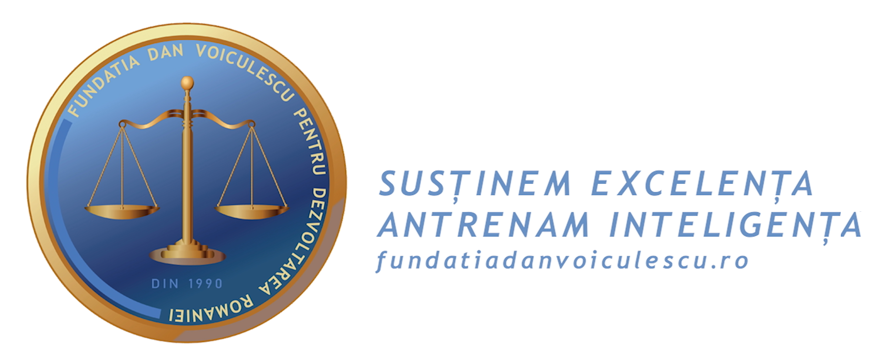The city of Timișoara is becoming a focal point for sustainable innovation in Romania, largely due to the EcoStep Energy Plate project, which was developed by two young students, Lucas Petric and Daria Danci. The project involves the conversion of kinetic energy generated by pedestrians' footsteps into electricity, a process that not only harnesses renewable resources but also contributes to the development of green solutions in Romania. The students from Timișoara have joined the national campaign "100 Youngsters for Romania's Development," run by the Dan Voiculescu Foundation for the Development of Romania. The EcoStep Energy Plates project exemplifies the ingenuity and ambition of young Romanians, propelling Romania into the global arena of innovation and sustainable development. Consequently, through the collective actions of each individual, our country can advance towards a more sustainable and energy-efficient future.
The EcoStep technology employs tiles equipped with piezoelectric generators that convert the pressure generated by pedestrians' footsteps into electricity. The innovation does not end there, however. The system is constructed with durable materials and is integrated with artificial intelligence (AI), which optimises energy efficiency by monitoring the state of the tiles in real time and sending alerts in case of technical problems. As a result, both street lighting and charging stations for electric vehicles could benefit from sustainable and renewable energy, reducing dependence on conventional energy sources and limiting carbon emissions.
The two students are actively engaged in national and international competitive events. In the previous year, Lucas was awarded the first prize at the Youth Business Summit, while Daria received an honourable mention at the Vocathlon Entrepreneurship Contest in 2023. Their contributions have been acknowledged by their peers, as well as by prominent figures in the field of sustainability. The two students are supervised by teacher Lavinia Enache, who is assisting them in preparing to launch a pilot programme in Timisoara. Should this prove successful, it may encourage other cities across the country to adopt similar sustainable solutions. This solution could be integrated with smart street lighting and charging stations for electric vehicles, demonstrating its applicability in various urban environments and benefiting both pedestrians and drivers through access to locally available green energy.
European cities such as Amsterdam and Copenhagen are at the vanguard of green innovations and at the forefront of the testing of solutions designed to reduce pollution and resource consumption. The deployment of EcoStep technology would position Romania alongside these progressive metropolises, marking a significant advance in the reduction of urban carbon footprints and the support of the transition to a sustainable future.
As Romanian cities expand, there is a corresponding increase in demand for green solutions, which are becoming an increasingly attractive option for local governments. The Timisoara project can be readily adapted to any city in the country that wishes to optimise its energy resources and contribute to environmental protection.
The EcoStep system is designed to convert the kinetic energy of footsteps into electricity, while simultaneously collecting valuable data on energy efficiency and infrastructure utilisation. Integrated AI analyses the energy flow in real time, adjusting parameters to maximise energy generation and prevent technical problems. This makes the system increasingly efficient and sustainable in the long term, and local authorities can use the data collected to make informed decisions about how to manage resources and allocate them according to the city's needs.

